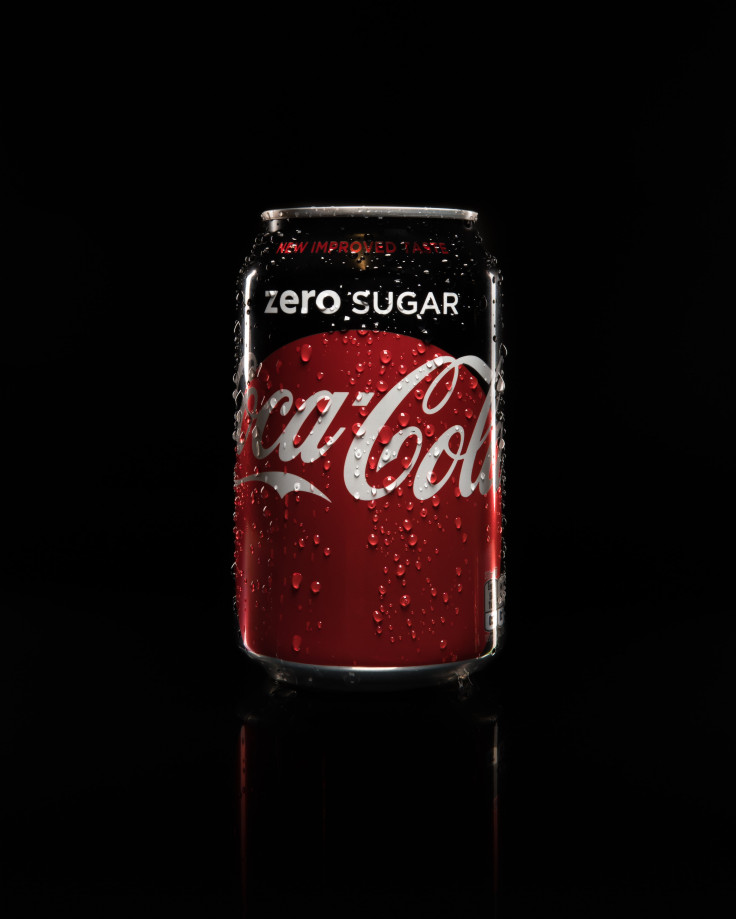Ultra-Processed Food, Especially Those With Artificial Sweeteners, May Elevate Depression Risk

The food choices you make do not just affect your physical health, they can also impact your mental well-being. A new study has found that processed food, especially those with artificial sweeteners, can elevate the risk of depression.
Ultra-processed foods are highly processed food items with additives such as sugar, salt, fat and artificial colors or preservatives. Although studies have shown links between the use of ultra-processed food and physical health issues such as heart attacks, strokes and hypertension, the latest study is the first comprehensive research conducted to evaluate their impact on depression.
Researchers from Massachusetts General Hospital and Harvard Medical School evaluated the dietary habits of 30,000 women between 2003 and 2017. None of them had any prior diagnosis of depression.
The study assessed the consumption pattern of the participants and identified various ultra-processed foods they used, including food grain, sweet snacks, ready-to-eat meals, fats and sauces, dairy products, savory snacks, processed meat, beverages and artificial sweeteners. During the study, 4840 participants developed depression.
After adjusting socioeconomic status, lifestyle choices and other health-related factors, researchers found that those who consumed nine or more portions of ultra-processed foods daily had a 49% increased risk of depression compared to those who consumed less than four portions a day.
Participants who reduced their consumption of ultra-processed foods by at least three servings per day had a reduced risk of depression compared to those who did not change their intake.
While analyzing the specific types of ultra-processed foods, artificially sweetened drinks were found to be the category with the highest risk.
"These findings suggest that greater UPF (ultra-processed food) intake, particularly artificial sweeteners and artificially sweetened beverages, is associated with increased risk of depression," researchers wrote in a paper published in Jama Network.
"The strength of our study is that we were able to assess diet several years before the onset of depression. This minimizes the likelihood that our findings are simply due to individuals with depression being more likely to choose ultra-processed foods," said study co-author Prof. Andrew T. Chan, from Massachusetts General Hospital.



























